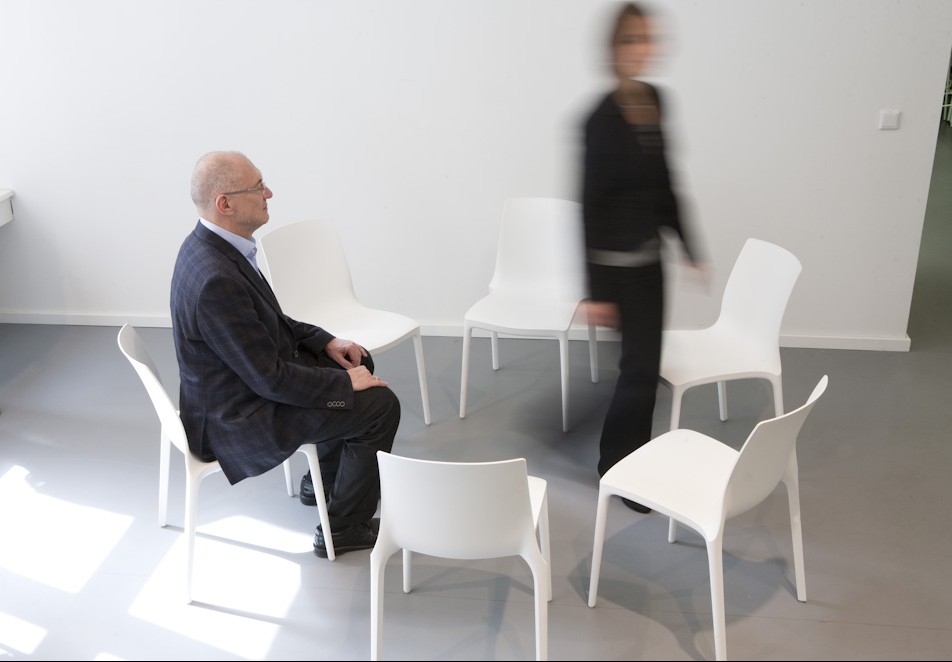Real time meetings are touch points for team members: they raise attention levels and focus energy. When I know that I have a meeting next Wednesday and that the team has agreed on some deliverables, this is usually something that has a considerable binding force.
Nevertheless, in the virtual environment, the meeting organizer should always consider alternatives to meetings. By the way: this holds true for face-to-face meetings as well. Very often, we just call in a meeting because that is what we are used to, but at the same time we complain about too many meetings, right? The virtual toolbox allows for many more alternatives in asynchronous work processes. We should not consider a meeting to be an automatic requirement. Virtual collaboration also means chatting, collaboration on a document in a wiki, working on an online mind map together, and the like. These new collaborative options are only possible when using virtual tools. This is a huge and often unexploited potential area for virtual work.
When to think twice about holding a virtual meeting?
My advice is to always consider alternatives to a virtual meeting:
- if there is a better way of getting the work done.
- when there is a lot of tension between team members in general, or between sub-groups, because the discomfort people feel only deepens when they get together in a virtual meeting.
- when language competency is an issue in the sense that some people cannot participate fully. Then, they feel left out and frustrated because they cannot express themselves. That jeopardizes the team progress.
- when audio and video problems cannot be resolved, because this is a frustrating experience making the meeting ineffective.
- when participants working in different time zones are involved. A typical situation is a meeting with participants from Europe, Asia, and the Americas. In a virtual meeting, everyone is participating in his or her own time zone. In a meeting at 2pm GMT (regular working hours across Europe) you have people in Asia participating after a long day in the office, whereas participants calling in from the West Coast USA have a very early start. It is obvious that people in different time zones are in different states of mind.
If all these arguments suggest to you that I am telling you to actually avoid meetings, there is a kernel of truth in that. The virtual collaboration environment is rich in collaborative forms and a real-time meeting is only one option. You should make use of all the options and ask yourself: “Do I need a (real-time) meeting for this particular purpose or can I collaborate in a different way?”.
And check carefully whom you invite to the meeting: often, not everyone who is invited is really needed. We often think “he has taken part in every meeting before, why not this time?” No, the thinking should be the other way around: “Can this person really contribute to this meeting, can he have a role in the meeting”. If not, the meeting is a waste of time for that participant and they tend to drop out of the meeting mentally, which affects the energy in the meeting.
I stress this point because it is my experience that not enough thought is put in preparing the invitation list. Valuable working time is wasted in people just participating physically without contributing in a meaningful way.
Sometimes real-time meetings are necessary and useful
So, the question remains, when are real-time meetings necessary and useful? A virtual real-time meeting makes sense:
- to achieve moments of serendipity that can only be achieved in lively dialogue between team members.
- if you want to give the team the sense that “everyone is part of the whole”, of the bigger picture.
- if you need to make a decision where the whole team is needed.
- if a meeting is the best option to speed-up things. When at this particular moment, the attention of the group is at a high level and asynchronous communication would be too time consuming to reach a decision or a consensus fast.
Our next blog posts will provide tips on how to to prepare and facilitate productive virtual meetings. So stay tuned.

